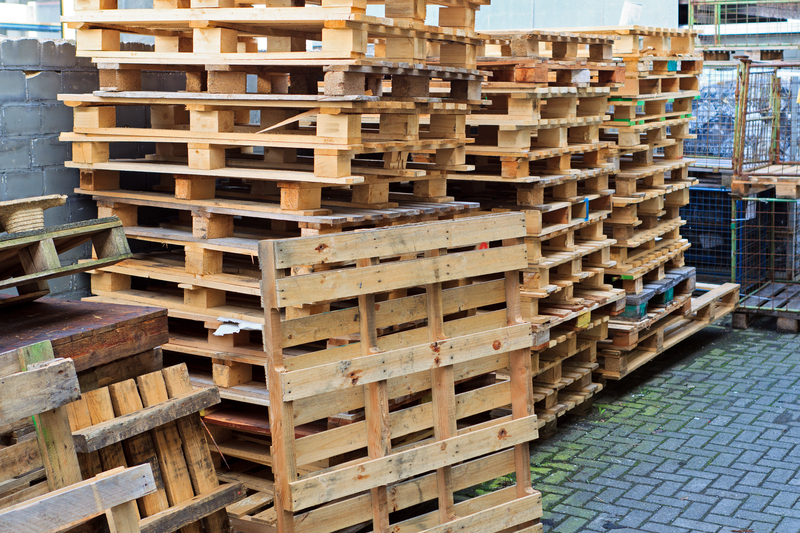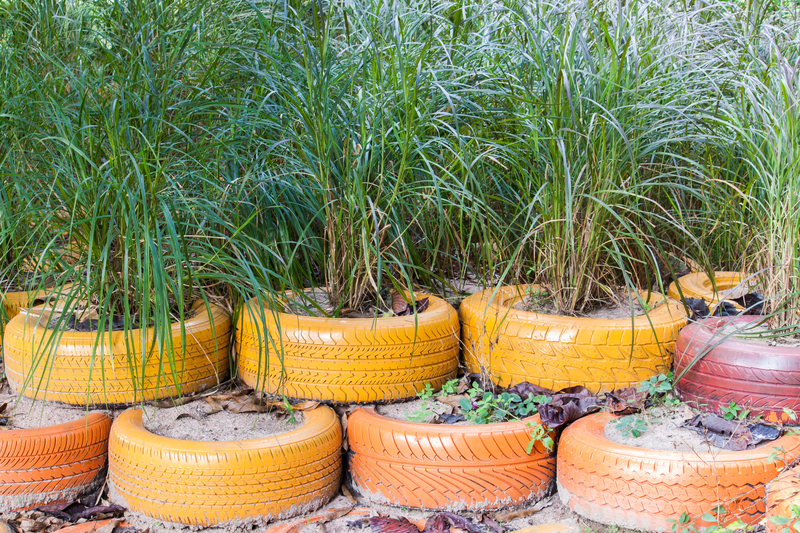Green Household: Reduce, Reuse, Recycle Tips
In today's world, adopting a green lifestyle isn't just a trend; it's a necessity. Environmental degradation, fueled by human activity, demands immediate attention. One of the simplest yet most impactful ways to contribute to a healthier planet is by embracing the principles of Reduce, Reuse, and Recycle (the 3 Rs). This article provides practical tips to help you create a greener household.
Understanding the 3 Rs
The 3 Rs--Reduce, Reuse, Recycle--are foundational principles in the effort to decrease environmental impact. Each element focuses on minimizing waste and efficiently managing resources. Here's a brief overview:
- Reduce: Minimizing the amount of waste we generate.
- Reuse: Extending the life of products by repurposing or using them longer.
- Recycle: Converting waste into new, useful items.

Reduce
Reducing waste starts with conscious consumption. By being mindful of what you buy and how you use resources, you can significantly cut down on waste. Here are some practical ways to reduce your household's waste:
Buy in Bulk
Purchasing items in bulk can drastically reduce packaging waste. Items like grains, pasta, and cleaning products are often available in larger quantities, which means fewer trips to the store and less waste.
Choose Reusable Products
Opt for reusable items such as shopping bags, water bottles, and coffee cups. These small changes can make a big difference over time. Avoid single-use plastics whenever possible to cut down on waste.
Mindful Meal Planning
Plan your meals to avoid over-purchasing. Wasting food contributes to both economic loss and environmental strain. By planning your purchases, you can ensure that you buy only what you need.
Reuse
Reusing items extends their lifecycle and keeps them out of landfills. This principle encourages creativity and resourcefulness. Here are some ways to incorporate reuse into your daily life:
Repurpose Household Items
Many common items can be repurposed for new uses. For instance, glass jars can be used for storage, old t-shirts can become cleaning rags, and sturdy containers can be used for organization purposes.
Host a Swap Party
Gather friends and neighbors for a swap party where you can exchange clothes, books, toys, and other household items. This way, you find new homes for your unwanted goods and find items you might need without spending money.
Donate and Buy Secondhand
Instead of discarding items that are still in good condition, consider donating them to thrift stores or charity organizations. Additionally, shopping at secondhand stores can be both economical and environmentally friendly.
Recycle
Recycling is the process of converting waste into new materials. While it isn't the ultimate solution to waste problems, it plays a crucial role in waste management. Here's how to optimize recycling in your household:
Know Your Local Recycling Guidelines
Recycling guidelines can vary by location. Make sure you are familiar with what materials are accepted by your local recycling program. This can include paper, cardboard, glass, certain plastics, and metals.
Proper Sorting
Incorrectly sorted recyclables can contaminate whole batches of recycling, leading to more waste. Take the time to rinse out containers and remove non-recyclable elements like plastic liners from cardboard boxes.
Compost Organic Waste
Food scraps and yard waste can be composted, reducing landfill use and creating nutrient-rich soil for your garden. Composting not only recycles organic waste but also reduces methane emissions from landfills.
Incorporating the 3 Rs in Specific Areas of Your Home
Kitchen
The kitchen can be a significant source of household waste. Here's how to apply the 3 Rs:
- Reduce: Choose products with minimal packaging and avoid single-use items.
- Reuse: Use reusable containers for food storage and bring your own bags to the store.
- Recycle: Set up separate bins for recyclables and compostable waste.
Bathroom
Bathrooms also produce a lot of waste, much of which can be reduced, reused, or recycled:
- Reduce: Buy products with minimal packaging, such as solid shampoo bars or refillable containers.
- Reuse: Opt for washable products like cloth makeup removers instead of disposable wipes.
- Recycle: Recycle empty toothpaste tubes, shampoo bottles, and other bathroom items according to local guidelines.
Garden
Your garden can be an excellent place to practice the 3 Rs:
- Reduce: Minimize the use of chemical fertilizers and pesticides.
- Reuse: Use rain barrels to collect water for irrigation.
- Recycle: Compost garden clippings and food waste to create nutrient-rich soil.

Benefits of a Green Household
Adopting a green lifestyle offers numerous benefits beyond just reducing waste. Here are some advantages:
Environmental Impact
By following the principles of the 3 Rs, you help conserve natural resources, reduce pollution, and mitigate climate change impacts. Each small action contributes to a healthier planet.
Economic Savings
Reducing consumption and reusing items can save money. For example, buying in bulk or choosing reusable products can lower household expenses over time. Additionally, selling or donating unused items can provide a small financial return.
Health Benefits
Many eco-friendly choices also promote personal health. For instance, reducing chemical use in gardening leads to less exposure to toxins, and avoiding plastic containers helps reduce the risk of chemicals leaching into food.
Encouraging Community Involvement
Adopting green practices often goes hand in hand with getting involved in community efforts. Participating in local recycling programs, community gardens, or swap events fosters a sense of community and shared purpose.
Conclusion
Incorporating the principles of Reduce, Reuse, and Recycle into your household routines is a significant step towards a sustainable lifestyle. By making conscious choices, you can reduce waste, conserve resources, and create a healthier environment for future generations. Remember, every small effort counts, and collectively, our actions can make a substantial difference.
Start with small changes, involve your family, and continue to educate yourself about sustainable practices. A green household is not only beneficial for the planet but also for your well-being and community. Embrace the 3 Rs and make a positive impact today.

